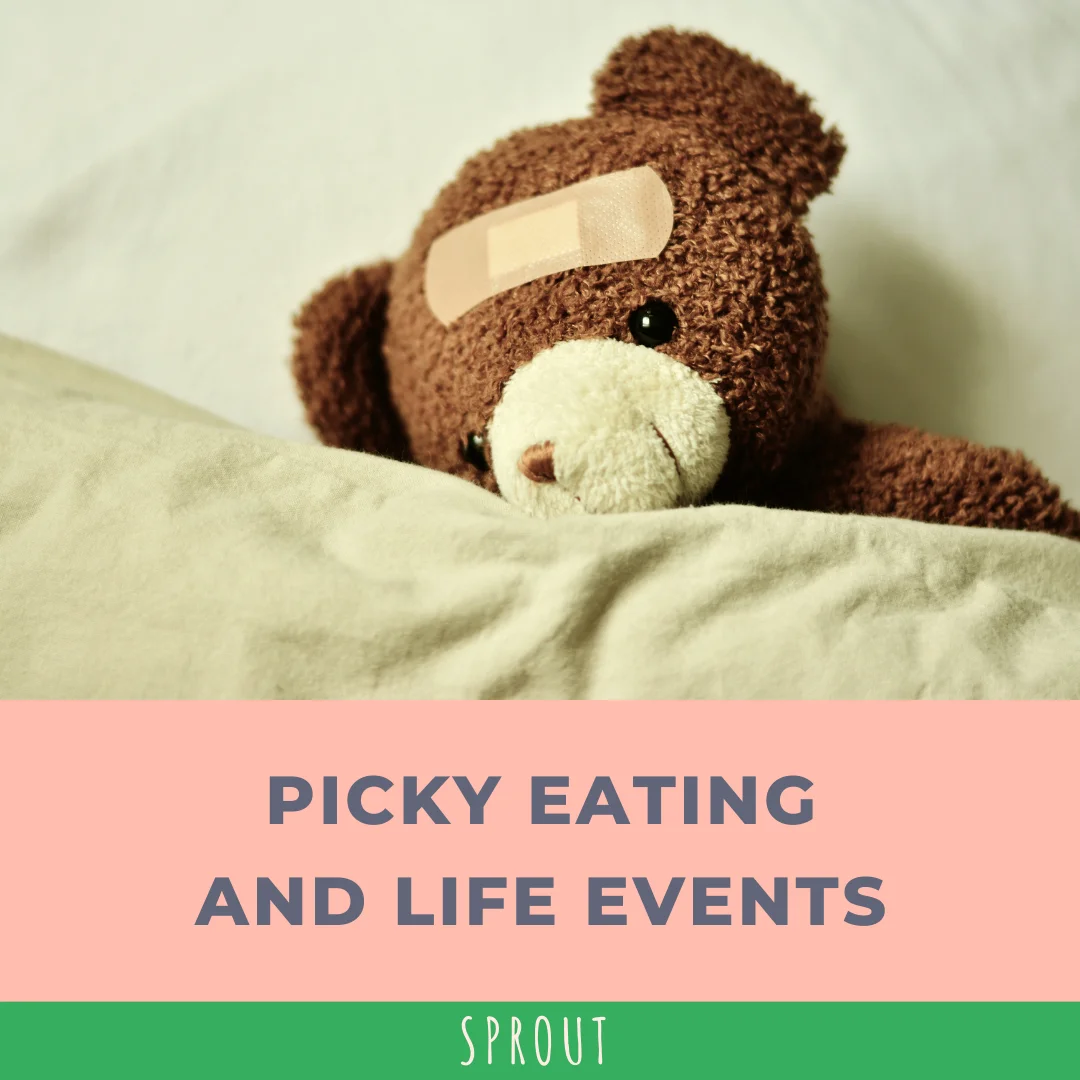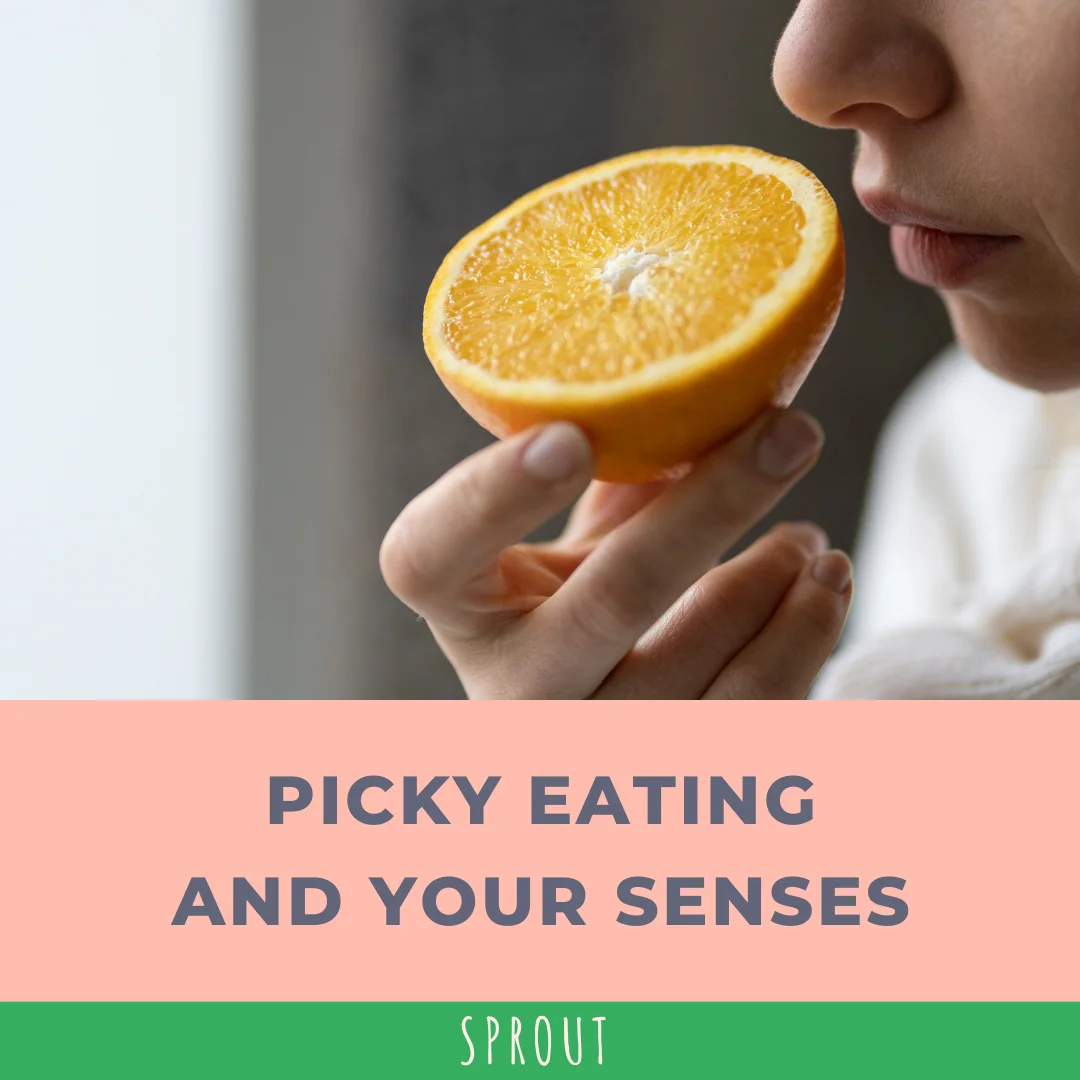Introduction
Is your child flatly refusing to try new foods, despite your best efforts to keep things relaxed and gently offer them a variety? If they are happier sticking to their few favourites and they’re not showing an interest in exploring new tastes and textures, this may all be part of what we call “neophobia”. Let’s take a closer look at what neophobia is, and what exactly it looks like at mealtimes.
What is neophobia?
Food neophobia means the fear, or avoidance of new foods. Basically, if anything looks unfamiliar - it’s a no go! It’s quite common to have a child who tucks straight into everything for the first few months. Then just as you’re thanking the universe that you have an adventurous eater - bam, everything changes!!
Neophobia often shows up in toddlerhood, around 18 months of age. It is
thought that it is a safety mechanism that developed through evolution to
keep children safe from poisonous plants in the wild. It makes sense that
it kicks in in toddlerhood as children develop more independence and would
start exploring further from their parents. Studies have shown that it’s
also largely genetic - so you may notice some familial traits!
What does neophobic behaviour look like?
So, when we look back in history and think of it this way, some cautiousness around new foods makes sense, right? But what does this actually look like in modern day mealtimes?
You may notice a variety of things such as:
· A change in food preferences in toddlerhood (often around 18 months)
- Preference for the same familiar foods over and over again
- Reluctance to try new foods
- Turning away from new foods when they are offered
- Visibly anxious or upset when asked to try new foods
- Negative comments about foods that are not familiar
How do I know if my child is displaying food neophobia or something else?
Eating is a complex skill, and there are a whole range of factors that can contribute to fussy eating. So, how do you know if your child is displaying neophobia or if there may be something else going on?
Sometimes it can help to consider your child’s wellbeing, behaviours, and skills in other areas, outside of mealtimes, and away from food. For instance, if your child is experiencing a lot of fears in other areas too, then they may be experiencing more general anxiety or having difficulty regulating their emotions. Or, if they are distressed by a variety of sensory experiences such as loud sounds, busy environments, or messy play with sand or paint, then it may indicate that sensory processing is contributing to their eating patterns. If you think your child may be unwell, there is no harm in having a check-up with your doctor to see if any illness may be playing a part in your child’s low interest in food.
On the other hand, if your child’s wellbeing, development, and physical
health all seems fine, and you are just seeing a new scepticism around
food, then chances are your child is going through a common and expected
part of development.

